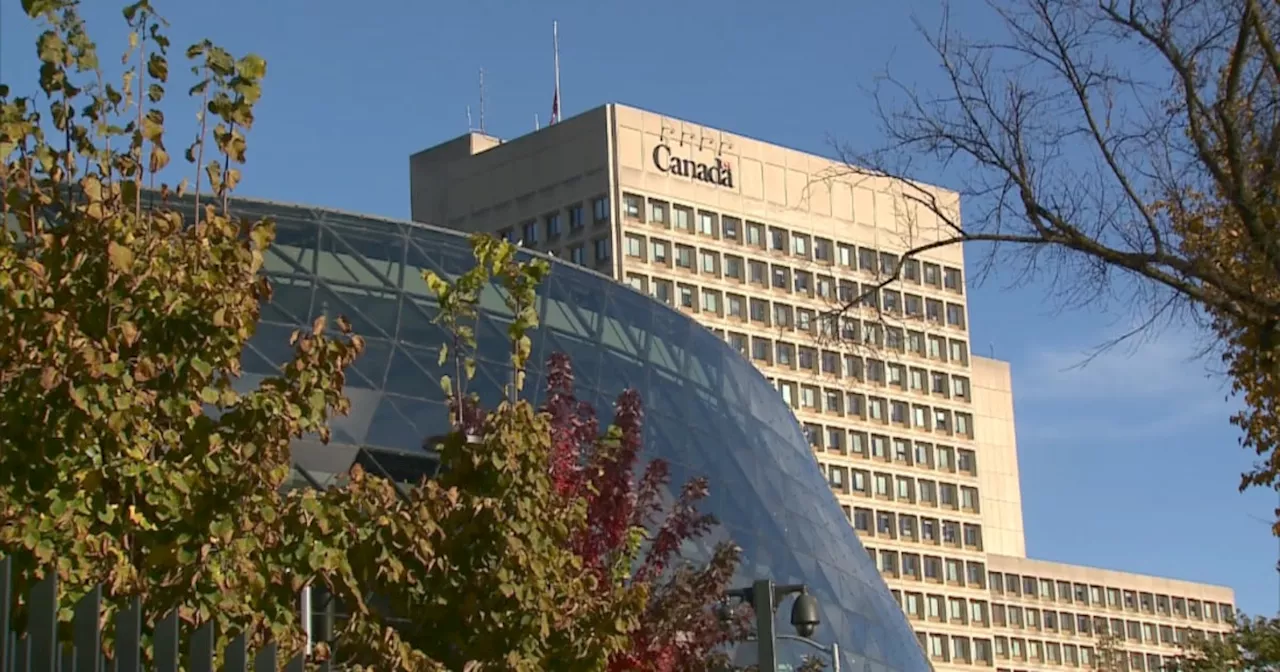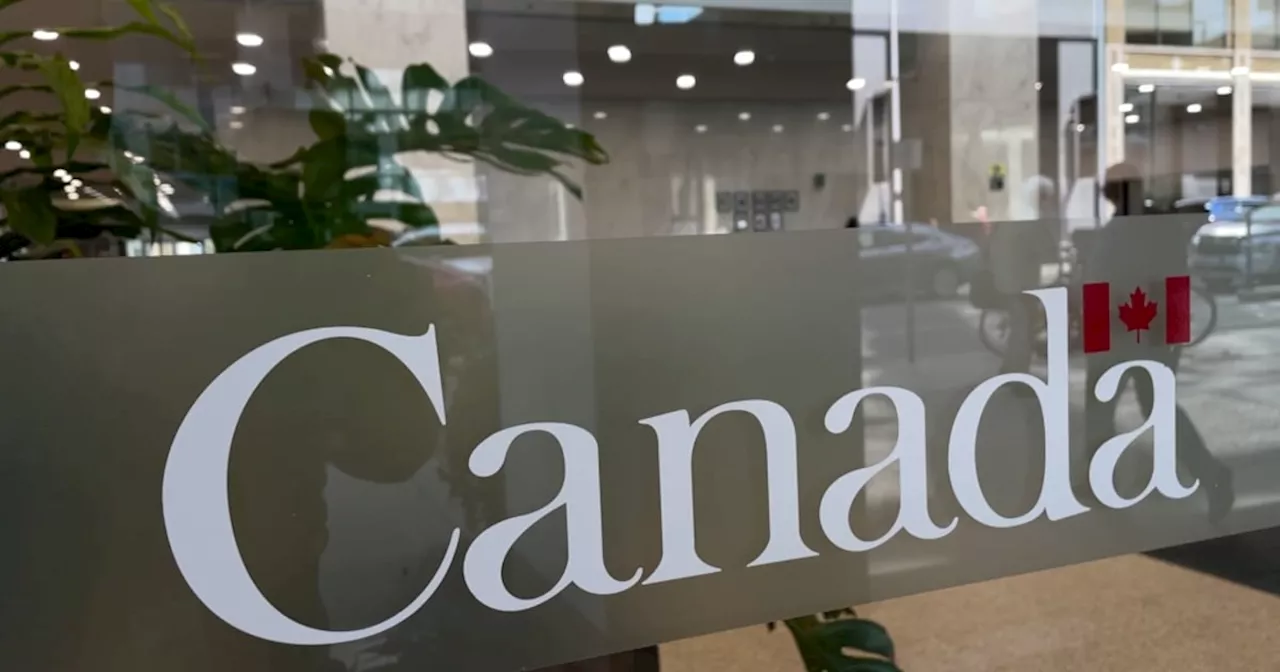Federal Immigration Minister Marc Miller is pointing fingers at provinces and territories for the federal government's reduction in economic migrant streams, alleging their lack of cooperation in accepting more asylum seekers. He argues that provinces need to be more responsible and collaborative in welcoming newcomers, especially those with skills contributing to the Canadian GDP.
Federal Immigration Minister Marc Miller is attributing the federal government 's cuts to economic migrant streams to a lack of cooperation from provinces and territories regarding the acceptance of asylum seekers . Miller stated that provinces need to be more collaborative in welcoming asylum seekers as his department evaluates overall reductions in immigration.
Provincial nominee programs (PNPs) are designed to attract skilled workers who can contribute to the specific economies of provinces and territories and aspire to become permanent residents in Canada. Each province and territory has its unique streams and requirements, with all participating except Quebec and Nunavut. Last week, all provinces and territories received notification that Immigration, Refugees and Citizenship Canada (IRCC) would be slashing their 2025 allocations by 50 percent, raising concerns about local labor markets and economic impacts. \Miller emphasized that immigration is a shared responsibility and urged premiers, particularly those with jurisdiction over welcoming newcomers, to adopt a responsible approach when discussing immigration. He criticized some premiers for irresponsible rhetoric surrounding immigration, whether for political campaigns or recent elections. Miller further accused certain fellow immigration ministers of exploiting discussions regarding increased asylum seeker allocations without identifying specific provinces or territories. He expressed hope for improved cooperation and responsible allocation of resources to provinces that demonstrate willingness to step up. \The government's independent Parliamentary Budget Officer, Yves Giroux, released a report on Thursday analyzing the federal government's overall immigration reduction plan. Giroux concluded that the imposed immigration caps would lead to a 1.7 percent decrease in real GDP by the end of 2027
IMMIGRATION CANADA PROVINCES ECONOMIC MIGRATNS ASYLUM SEEKERS FEDERAL GOVERNMENT MARC MILLER
Canada Latest News, Canada Headlines
Similar News:You can also read news stories similar to this one that we have collected from other news sources.
 Federal immigration department eliminating 3,300 federal jobs, unions sayThe federal immigration department is eliminating 3,300 jobs, according to unions.
Federal immigration department eliminating 3,300 federal jobs, unions sayThe federal immigration department is eliminating 3,300 jobs, according to unions.
Read more »
 Immigration, Refugees and Citizenship Canada eliminating 3,300 federal jobs, unions sayThe Public Service Alliance of Canada (PSAC) and the Canada Employment and Immigration Union (CEIU) issued a statement about the potential job cuts at Immigration, Refugees and Citizenship Canada, calling it a 'devastating blow to the public services families, businesses and communities Canada rely on.
Immigration, Refugees and Citizenship Canada eliminating 3,300 federal jobs, unions sayThe Public Service Alliance of Canada (PSAC) and the Canada Employment and Immigration Union (CEIU) issued a statement about the potential job cuts at Immigration, Refugees and Citizenship Canada, calling it a 'devastating blow to the public services families, businesses and communities Canada rely on.
Read more »
 Federal immigration department cutting 3,300 jobs over three yearsImmigration, Refugees and Citizenship Canada (IRCC) says it will be eliminating 3,300 positions over the next three years. The federal department says these staffing changes are meant to align with reduced immigration levels and funding.
Federal immigration department cutting 3,300 jobs over three yearsImmigration, Refugees and Citizenship Canada (IRCC) says it will be eliminating 3,300 positions over the next three years. The federal department says these staffing changes are meant to align with reduced immigration levels and funding.
Read more »
 Federal immigration department to cut more than 3,300 jobs over three yearsOTTAWA — The federal immigration department is set to cut roughly 3,300 jobs over the next three years.
Federal immigration department to cut more than 3,300 jobs over three yearsOTTAWA — The federal immigration department is set to cut roughly 3,300 jobs over the next three years.
Read more »
 Immigration minister says U.S. is still safe for refugees despite Trump's rhetoricOTTAWA — Refugee advocacy groups are pushing back as the federal immigration minister says Ottawa still regards the U.S. as a safe country for transgender refugees under President Donald Trump.
Immigration minister says U.S. is still safe for refugees despite Trump's rhetoricOTTAWA — Refugee advocacy groups are pushing back as the federal immigration minister says Ottawa still regards the U.S. as a safe country for transgender refugees under President Donald Trump.
Read more »
 Canada’s Immigration Minister says U.S. still safe for refugees despite Trump’s rhetoricMarc Miller says that despite the rhetoric coming out of the new administration, he sees the United States as a safe place for the purposes of the Canada-U.S. Safe Third Country Agreement
Canada’s Immigration Minister says U.S. still safe for refugees despite Trump’s rhetoricMarc Miller says that despite the rhetoric coming out of the new administration, he sees the United States as a safe place for the purposes of the Canada-U.S. Safe Third Country Agreement
Read more »
